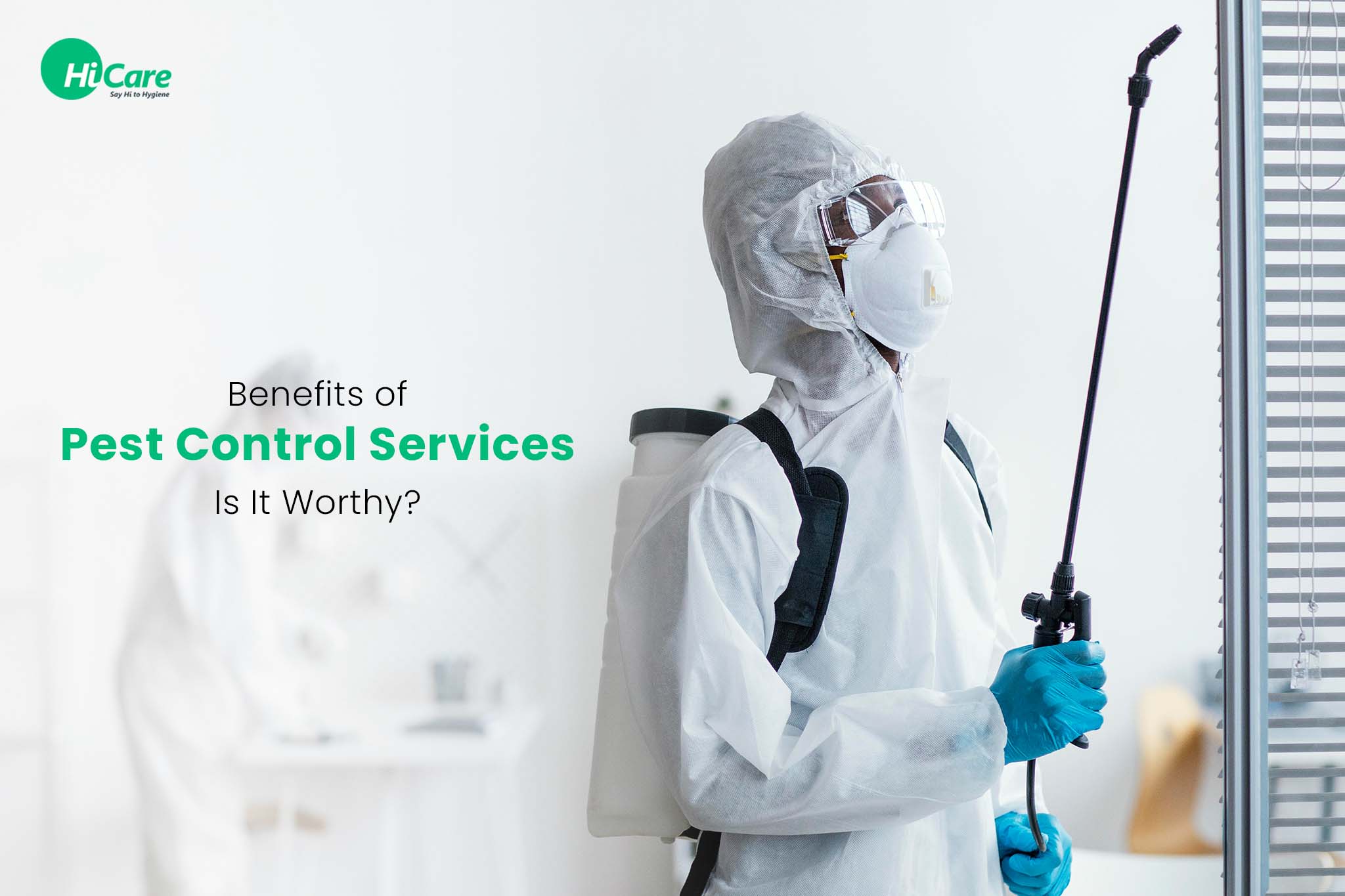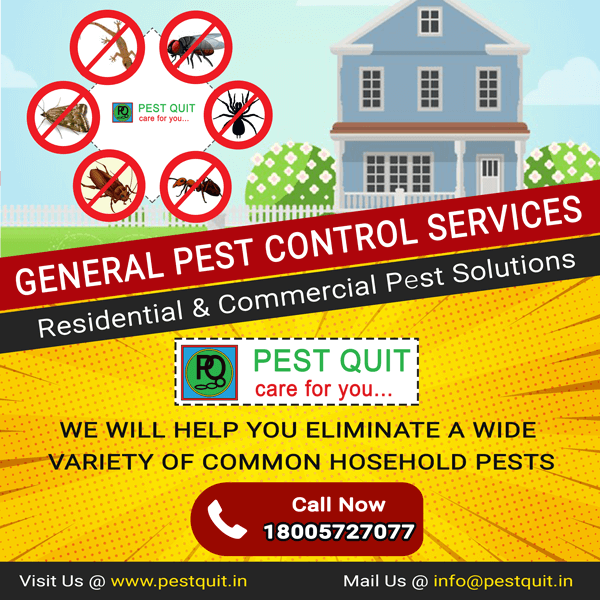Pest Control Auckland: Superior Solutions for a Pest-Free Atmosphere
Wiki Article
Recognizing Various Types of Parasite Control Approaches and Their Performance
The monitoring of bugs is an important element of maintaining the wellness and honesty of numerous settings, from farming areas to property homes. When taking into consideration bug control techniques, it is vital to comprehend the diverse approaches readily available and their differing degrees of performance. From chemical treatments to biological remedies, each technique presents one-of-a-kind advantages and limitations. By discovering the nuances of these parasite control methods, an extensive understanding of how to attend to insect concerns can be established.Chemical Pest Control Techniques
Chemical insect control techniques play an essential function in properly taking care of and eradicating pest infestations in various environments. One of the key advantages of chemical pest control is its capacity to provide quick and targeted services to pest issues. Pest Control Auckland.Nevertheless, it is important to take into consideration the possible dangers and disadvantages connected with chemical insect control methods. Overreliance on chemicals can lead to the development of chemical resistance in bugs, making them more challenging to manage in the future. Additionally, using particular chemicals can have dangerous impacts on non-target organisms, the setting, and human health and wellness if not applied appropriately.

Organic Insect Control Approaches
Using all-natural killers and pathogens to take care of insect populaces efficiently, organic pest control approaches offer a lasting and environmentally friendly strategy to pest management. By advertising the task or introducing of organisms that normally take advantage of or contaminate pests, such as ladybugs for aphid control or particular microorganisms for caterpillar problems, biological control can assist keep insect populaces at manageable degrees without the demand for synthetic chemicals. This technique is specifically advantageous for chemical-free farming techniques, as it stays clear of making use of possibly harmful compounds while preserving plant wellness.
Physical Bug Control Techniques
While biological insect control methods focus on taking advantage of natural predators and pathogens, physical parasite control approaches make use of physical and mechanical barriers to manage pest populaces. These techniques are typically thought about eco-friendly as they reduce the use of chemicals. Physical bug control consists of techniques such as trapping, making use of obstacles like nets or displays, and physically removing parasites from the location.Traps are typically made use of in physical pest control to capture and eliminate bugs like insects and rodents. One more physical approach is the usage of obstacles such as fencings, screens, or nets to prevent insects from going into or infesting specific locations.
All-natural Bug Control Approaches
Including natural predators and plant-based repellents is a key strategy in executing efficient natural insect control techniques. By motivating the existence of helpful pests like ladybugs, lacewings, or predacious termites, gardeners can normally regulate pest populaces. These predators feed upon typical garden pests such as termites, caterpillars, and aphids, assisting to preserve a balanced community without the need for chemical treatments.
Additionally, implementing social techniques such as crop turning, buddy growing, and maintaining correct plant health and wellness can also improve the effectiveness of all-natural pest control approaches. These techniques not just help in protecting against bug infestations however also promote biodiversity and total environment resilience. By integrating these all-natural methods, people can efficiently take care of insects while decreasing environmental effect.
Integrated Pest Administration (IPM) Method
Carrying Out an Integrated Pest Administration (IPM) strategy is important for properly controlling insect populaces while decreasing reliance on chemical pesticides. IPM is a detailed and lasting method that incorporates numerous pest control techniques to accomplish lasting solutions. This strategy focuses on surveillance, avoidance, and control to resolve pest issues in an eco-friendly way.IPM integrates organic, social, physical, and mechanical strategies with the minimal and critical use chemicals when needed. By highlighting positive procedures such as habitat adjustment, biological control, and exclusion, IPM intends to decrease bug populaces and their effect on the ecosystem. Regular monitoring is essential in IPM to evaluate pest levels properly and establish one of the most proper control techniques.
Among the vital advantages of IPM is its capability to decrease the threats connected with extreme pesticide usage, such as ecological contamination and article source injury to non-target microorganisms. Furthermore, IPM promotes a more alternative strategy to pest management by thinking about the overall ecosystem characteristics. In general, the IPM method offers a lasting and efficient option for insect control while promoting ecological responsibility.
Verdict
In final thought, comprehending the different kinds of bug control approaches and their effectiveness is important in properly managing insect invasions. Integrated Parasite Monitoring (IPM) approach, which combines various methods for sustainable pest control, is progressively being acknowledged as a all natural and eco pleasant remedy.Chemical pest control methods play a critical role in efficiently managing and eliminating pest problems in numerous settings.Using natural predators and microorganisms to take care of bug populations successfully, organic parasite control approaches supply a environment-friendly and lasting strategy to pest monitoring. By introducing or promoting the task of organisms that normally prey on or contaminate insects, such as ladybugs for aphid control or certain microorganisms for caterpillar problems, biological control can help keep bug populations at manageable degrees without the requirement for artificial chemicals.While organic insect control techniques concentrate on using all-natural predators and virus, physical bug control methods make use of physical and mechanical barriers to manage pest populations. Integrated Insect Administration (IPM) approach, which combines various methods for sustainable parasite control, is significantly being recognized as a ecologically pleasant and alternative solution.
Report this wiki page